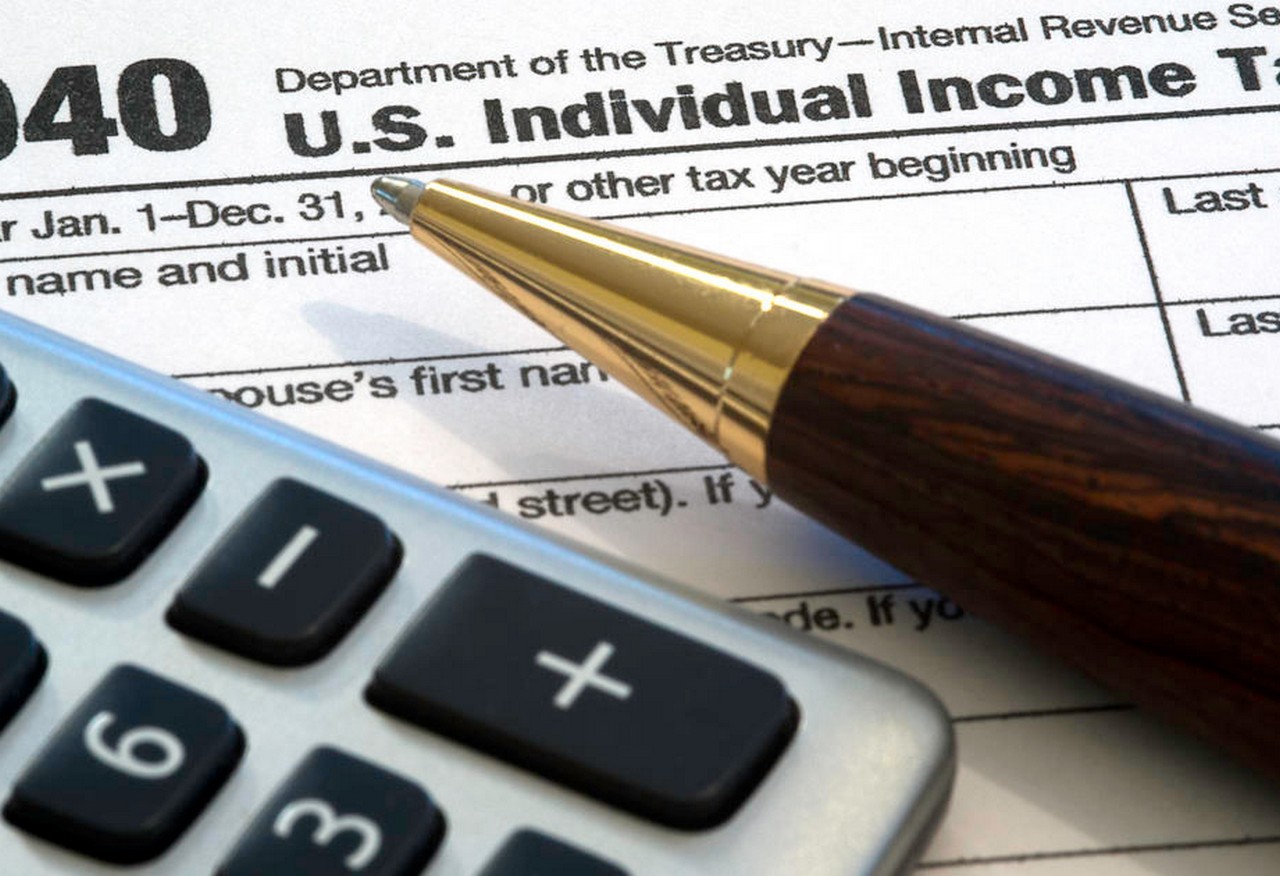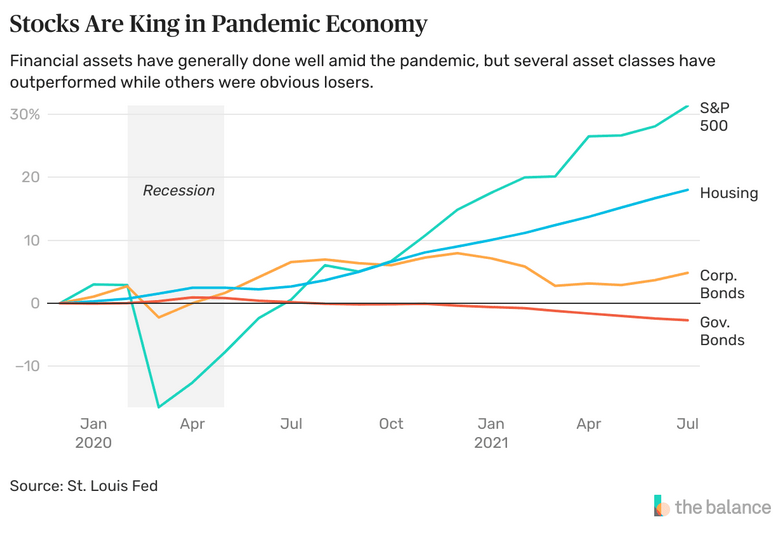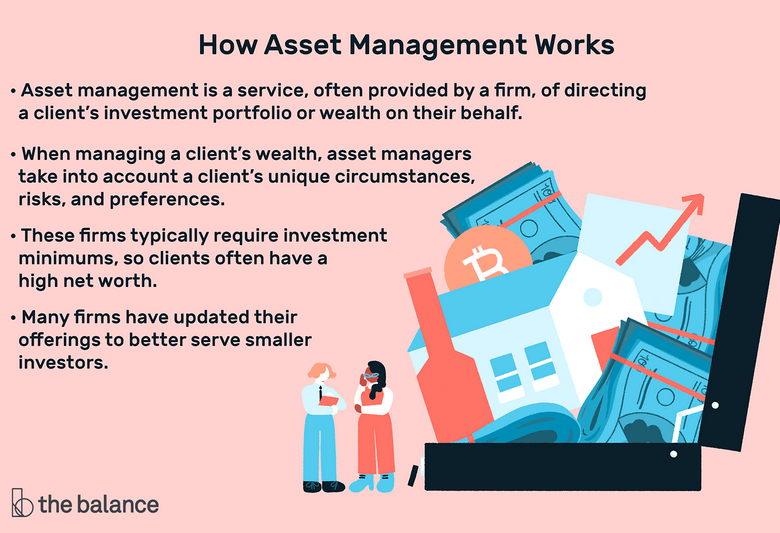Pre-market buying and selling is buying and selling that takes place earlier than the inventory market opens, which within the U.S. is 9:30 a.m. EST for main exchanges. Pre-market buying and selling, along with after-hours buying and selling that takes place after the market closes at 4 p.m., is a part of extended-hours buying and selling.
The pre-market buying and selling gives buyers flexibility, however it has extra dangers and limitations to think about. Find out how pre-market buying and selling compares to buying and selling within the common buying and selling session.
Definition and Examples of Pre-Market Buying and selling
Pre-market buying and selling is when buyers make trades earlier than the opening bell, which within the U.S. is 9:30 a.m. EST for main exchanges. The period of pre-market buying and selling hours varies between markets and buying and selling venues.
- Alternate title: Prolonged-hours buying and selling
For instance, in the event you place a restrict order within the pre-market to purchase 1,000 shares of XYZ firm at $25 per share, and there’s no promote order for XYZ on the digital communication networks (ECN), your purchase order is not going to instantly execute. If nobody is keen to promote shares on the worth you wish to purchase them for, you’ll have to attend till there’s a match to your worth, which can not occur.
Word
Pre-market buying and selling does have some dangers to think about. Buyers face much less liquidity and extra volatility than buying and selling amid heavier volumes of the common session. And, as a result of broker-dealers select their ECN, costs for purchasing and promoting can differ considerably between ECNs.
How Pre-Market Buying and selling Works
Buying and selling within the pre-market session is completed solely by way of ECNs, that are computerized buying and selling methods. Market makers and specialists usually don’t take part, which is the primary distinction from regular-session buying and selling.
ECNs show and match orders instantly between patrons and sellers. If an order doesn’t have a match, then just some or not one of the shares shall be purchased or bought, or the investor might conform to pay the next worth for purchasing or a lower cost for promoting.
Word
In distinction, the common buying and selling session has far more buying and selling quantity, so there may be extra provide for shares you wish to purchase and extra demand for shares you wish to promote. Because of this, the common session gives far more liquidity than pre-market buying and selling periods.
Every broker-dealer that gives pre-market buying and selling to shoppers units its personal hours and chooses its personal ECN, which suggests costs might fluctuate. For instance, Constancy accepts pre-market orders from 7 a.m. to 9:28 a.m EST whereas pre-market orders with Schwab will be positioned from 8:05 p.m. EST the day past to 9:25 a.m. EST. Every broker-dealer additionally decides its personal parameters for what venues can be found for pre-market buying and selling.
Listed below are some widespread variations between what’s out there throughout common periods versus through the pre-market.
Hours
The New York Inventory Trade (NYSE) and NASDAQ exchanges open the pre-market session at 4 a.m. EST, nevertheless broker-dealers decide what they make out there to shoppers. Some, for instance, might permit premarket trades from 7 a.m. to 9:25 a.m., others might open pre-market buying and selling earlier.
Order Sorts
Dealer sellers often solely settle for restrict orders through the pre-market session. Restrict orders can solely be crammed on the specified worth or higher. Dealer-dealers solely allow restrict orders to guard shoppers from large worth variations within the pre-market session.
Quotes
Through the common session, worth quotes are the very best out there throughout all markets. The pre-market quotes symbolize the very best out there worth from the digital communication networks (ECN) used. Costs can differ considerably between ECNs.
Securities
Along with listed shares some broker-dealers provide exchange-traded funds (ETFs).
Word
Mutual funds, bonds, and a few varieties of over-the-counter (OTC) transactions will not be out there throughout pre-market buying and selling. Inventory choices are additionally not usually out there throughout pre-market commerce.
Professionals and Cons of Pre-Market Buying and selling
The distinction between pre-market buying and selling and common session buying and selling is about extra than simply timing. Listed below are some professionals and cons to think about about buying and selling exterior of regular buying and selling hours.
Professionals
-
Extra handy occasions to commerce
-
Reply to early morning information occasions
Cons
-
Lack of liquidity
-
No obligation for finest worth
-
Skilled competitors
Professionals Defined
- Extra handy occasions to commerce: Not everybody is ready to place orders through the common buying and selling session. Pre-market buying and selling takes place earlier than the common custom session begins.
- Reply to early morning information occasions: Authorities experiences and different information occasions that have an effect on the markets typically come out earlier than the common session opens. For instance the Bureau of Labor Statistics (BLS) releases its month-to-month report at 8:30 a.m. EST. Many public corporations launch their monetary experiences exterior of normal buying and selling hours.
Cons Defined
- Lack of liquidity: Through the pre-market there may be much less buying and selling quantity and fewer competitors. In some circumstances, there could also be no patrons or sellers to fill an order. Fewer patrons and sellers additionally means a wider variation in costs, or greater volatility.
- No obligation for finest worth: Through the common session broker-dealers are required to acquire the very best worth out there for an order. Dealer-Sellers don’t have any obligation within the pre-market to acquire the very best worth. The value you get within the pre-market could also be considerably completely different from the value within the common session.
- Skilled competitors: Many merchants within the pre-market are professionals, with extra expertise and knowledge than the common investor.
What It Means to the Common Investor
In case your investing technique is lively buying and selling, the pre-market session gives the power to reply to information and occasions earlier than the common session, and the potential to capitalize on these alternatives.
Alternatively, in case your technique is targeted on long-term efficiency quite than buying and selling, the extra danger of the pre-market session might not be value it.
- Pre-market buying and selling is buying and selling earlier than the market opens, which is often 9:30 a.m. EST for main U.S. exchanges.
- Pre-market periods provide the chance to reply to information and occasions in a extra well timed trend than the common buying and selling session.
- Investor protections within the pre-market will not be the identical because the common session.
- Costs out there from completely different digital communication networks (ECNs) utilized by broker-dealers will be considerably completely different. So, it’s possible you’ll not get the very best worth out there.










